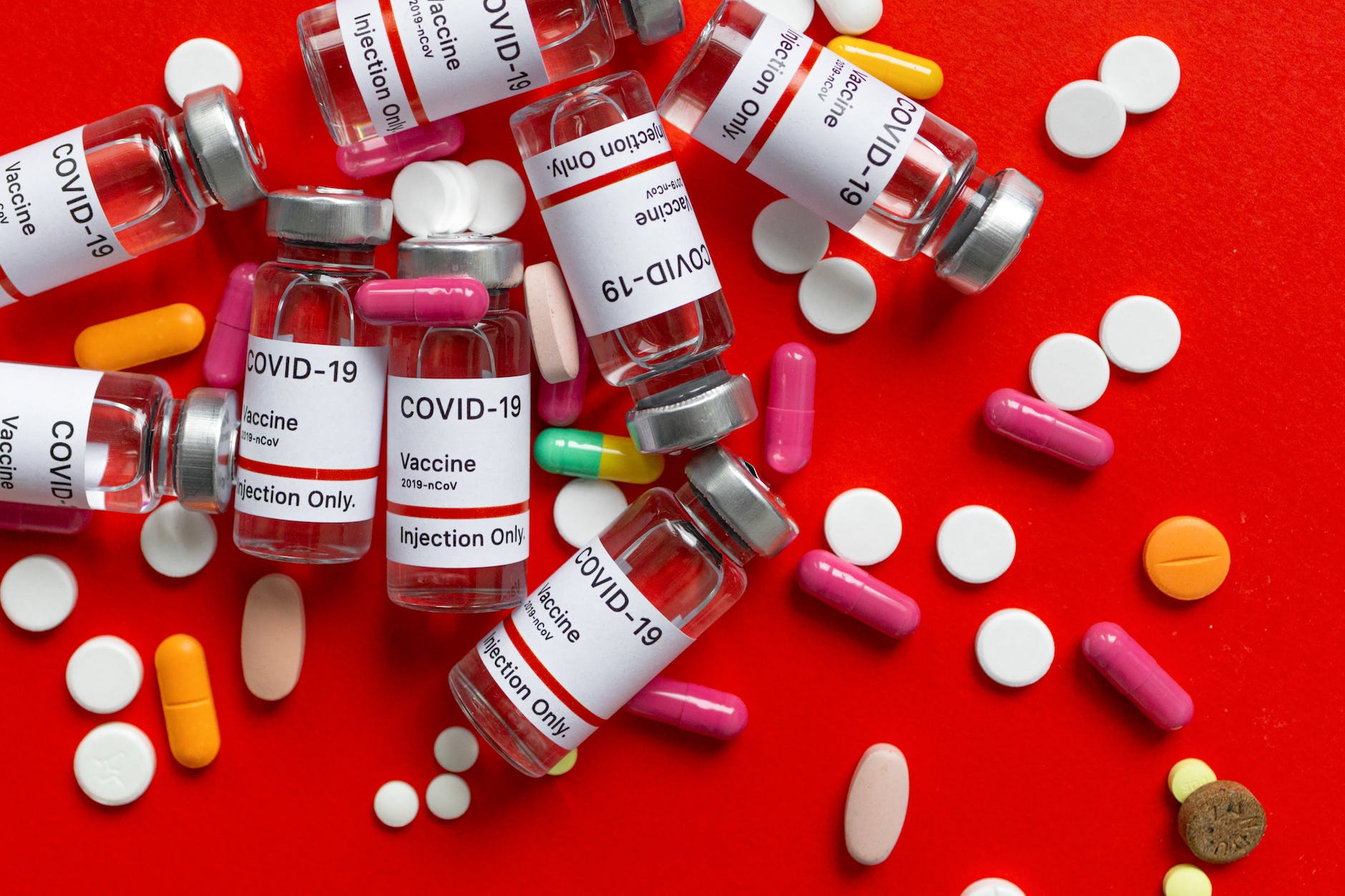My dear readers, sometimes life presents us with a metaphoric fork in the road: A decision to make that can significantly alter the course of our health. Dwelling on the precipice of possibility, we often turn to medical research for answers, don’t we? One such crossroad is whether a humble aspirin could hold the power to avert heart attacks, strokes, and even death. Let’s dive into this burgeoning medical proposition and illuminate the mystery together.
Heart Attacks and Stroke: A Reaper’s Knock?
Quite like a summer thunderstorm, heart attacks and strokes strike suddenly, leaving devastation in their wake. They’re among the most feared health complications and for a solid reason: they are leading causes of death worldwide. But, wouldn’t you seize a beacon of hope if told the modest aspirin could be your protector? Anticipation grows, the question looms – can consuming aspirin truly act as a shield against these heart-rending afflictions?
What’s the connection between Aspirin and Heart Attacks?
Aspirin, a renowned painkiller, also dons another cape. It’s a certified blood thinner. Imagine your blood’s incessant tango through the vessel labyrinth. Aspirin, my friend, is the maestro directing a fluid, seamless dance, preventing clots that could result in heart attacks and strokes.
The Protecting Pill: A Closer Look at Aspirin’s Powers
The chorus of aspirin’s virtues reaches us from distant corners of the medical industry, from the rhythm of thought-provoking articles, intense debates, and growing public curiosity, but what does the science tell us?
– Reduced Clot Formation: Aspirin inhibits platelet buildup in the bloodstream, thereby, curbing clot formation.
– Prevention of Recurrence: For those with heart disease history, recurrent attacks could be thwarted with regular aspirin intake.
– Modulation of Inflammatory Response: Aspirin potentially impacts inflammation associated with heart disease.
Should Everyone Take Aspirin?
Well, not necessarily. Aspirin isn’t for all. Medical experts advise that only individuals at high risk or with previous cardiac concerns might benefit from its protective qualities. Even so, consultation with a health professional is paramount to balance aspirin’s rewards against possible side effects.
Wrapping up the Aspirin Enigma: Your FAQs Answered
Does Aspirin Guarantee 100% Protection Against Heart Attacks and Stroke?
In medical parlance, nothing is set in stone. While aspirin shows potential, it’s not foolproof. It’s vital to incorporate a heart-healthy lifestyle, including a balanced diet, exercise, and regular health check-ups.
Can Aspirin Cause Any Side Effects?
Absolutely! It can induce bleeding, particularly in the stomach and brain. It’s a reason physicians insist on a pre-aspirin risk assessment.
“Is Aspirin My Knight in Shining Armor?”
As our journey into the heart of aspirin’s potential comes to a halt, we stand at the cusp of fascination and caution. Yes, aspirin shows promise, and, yes, it isn’t a panacea. It’s ultimately a conversation grounded in medical science, the unique intricacies of our bodies, and our will to grasp at healthful futures. So, brace yourself, take that step, and reach out to your healthcare provider today. Who knows? For you, aspirin might just be that knight in shining armor, a simple step along a path toward a heart-healthy life.

